De School of Life
Amsterdam's De School is a multi-disciplinary arts space whose focus is on the people that make and shape it.

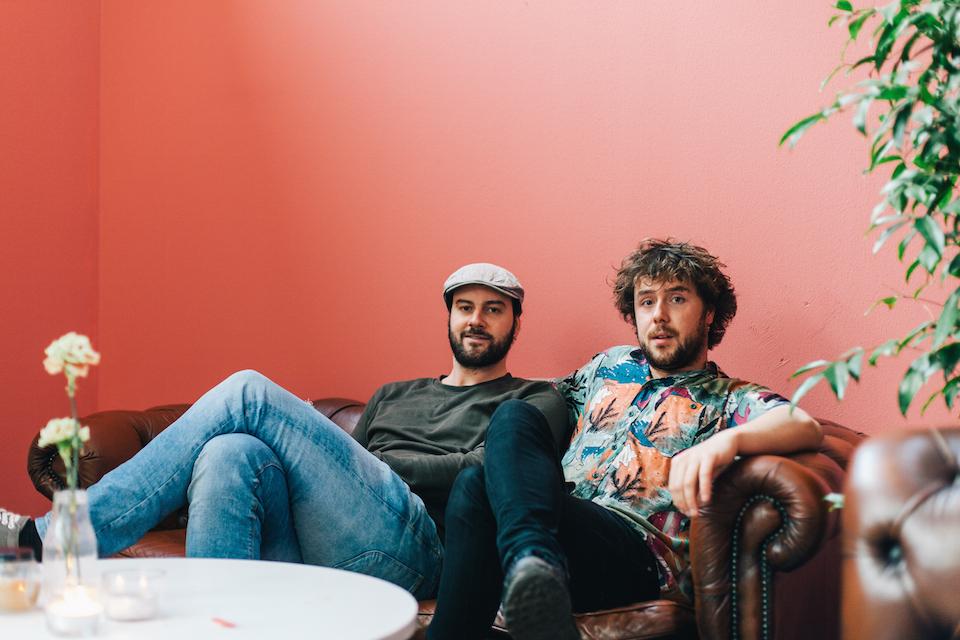
Amsterdam's De School is a multi-disciplinary arts space whose focus is on the people that make and shape it.
Discussing how to achieve the feeling of freedom unique to a club, De School’s managing director Ernst Mertens and financial director Jochem Doornbusch found themselves at loggerheads with a couple of their closest friends. “They said it’s not about us, the punters, it’s about you. We said no, it’s not about us, it’s about you!”
The conclusion that they came to was, in actual fact, the palpable chemistry of clubs like De School can hardly ever be attributed to only one thing. “It’s about the DJ, it’s about the place, it’s about everything, we’re just coming together at the right time,” Ernst explained. And this is actualised from its use as a multi-purpose venue to the extensive community that helped build it.
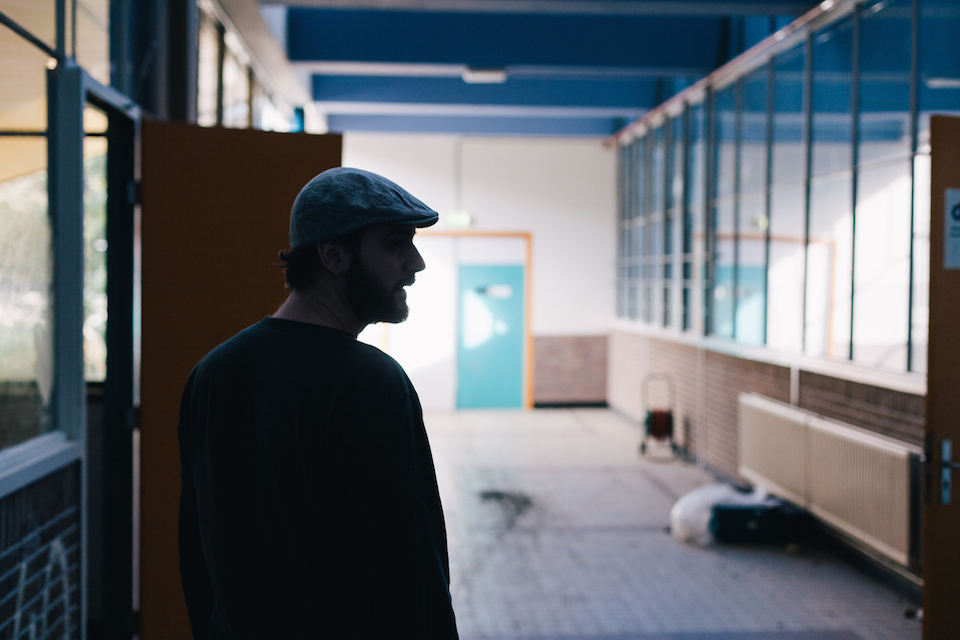
Founded as the much-anticipated successor to the lauded Trouw nightclub, which closed in January 2015 after an 11-day closing schedule, living up to it felt like an impossible task. Visit De School and it’s clear that comparisons, for the most part, are completely unnecessary. De School needn’t live up to Trouw’s reputation because it’s carving out one of its own. Both institutions operated or are operating on a temporary lease, but it’s precisely this lack of permanency that allows De School to evolve into something different to its predecessor.
Olaf Boswijk, the founder of Trouw, helped organise the team who would be taking on the project. He remains a co-founder, but has very much taken a back seat, handing over the baton like some game of nightlife relay racing. Welcoming new members into the company and allowing pre-existing ones to climb higher up the ranks is a surefire way of ensuring things always stay fresh and exciting. Take booker Luc Mastenbroek, for example, who was a resident DJ at Trouw while studying, organising parties and writing for music blogs. Without a comprehensive contact list as a programmer he may have been a surprising choice for some, but his abilities and zeal for helping culture connect in the city are much more important.
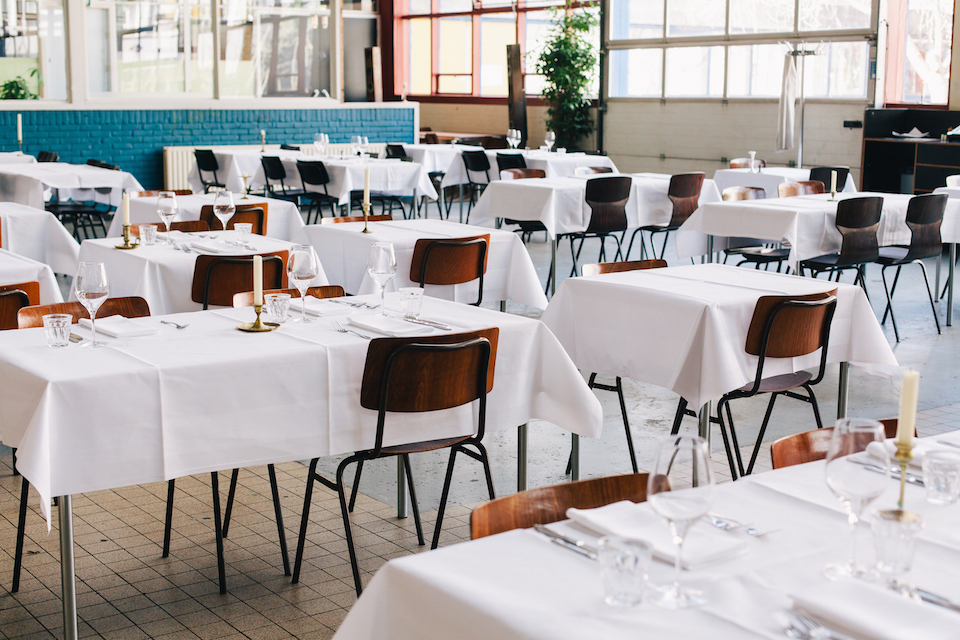
“The main thing is just listening to people. I can imagine there are programmers out there who are like, “Hey, it’s all about this DJ who’s really big right now, and if you have him it’s gonna work because it’s gonna sell out.” Whereas I would rather we had people who wanna listen to the artists that do live stuff in the club. Inviting artists, not just from a DJ perspective, but from a perspective of, “do they fit here as people?” I really want to have a diverse team of DJs playing here, a diverse family on every level,” Luc explained. But it’s not just music that he, and the rest of the team at De School, are focused on. The old school hall is going to be brought back to its former educational glory through talks and seminars. “It still feels like a school in many ways. If you come here you get to know new music, new people and new ways to make food, in its own way it’s educational. We’re serving things that we think are good for you.”
It still feels like a school in many ways, in its own way it’s educational. We’re serving things that we think are good for you.
It sounds like an ambitiously holistic philosophy for a club, but that’s because De School isn’t just a club. That’s just one facet of multiple offerings. The institution boasts a bar, cafe, restaurant, concert hall, artist studios, co-working spaces, an independent coffee roastery and even a gym, which sees the original school gymnasium restored to its former glory. You’d be better off comparing De School to London’s multi-disciplinary performing arts centre the Barbican than you would another night club. And De School is equally inclusive. People of ages and stages of life can enjoy one or all of what it has to offer.
Being located fifteen minutes by bicycle outside of Amsterdam’s city centre means De School already ticked one of the requirements for a 24-hour license. “You need to be temporary, you’re not allowed in the centre, you can’t have neighbours, you must be soundproofed.” Ernst expanded on a long list which, fortunately, De School fulfilled with ease.
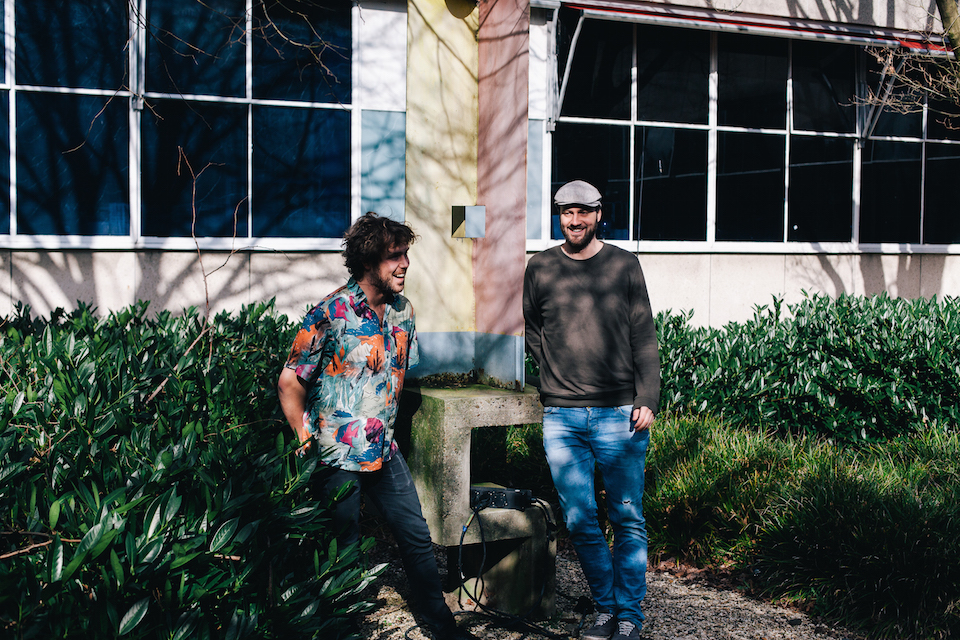
The building itself was still operating as a functioning school, at least in part, up until the end of 2014. Comparisons have already been drawn between the energy that groups of lively school kids and swarms of jubilant party goers both bring to the place. And it’s this life that helps define the space, as it is repurposed for different reasons. Visit De School in the day and you’d be forgiven for forgetting its use as a nightclub. It’s easy to miss that part, and instead be preoccupied by things like the school classroom that’s been gently converted into a bar, cafe and restaurant, occupying one end of the building. Tell tale signs like stick figurines painted onto the walls, distinctive tiling and even a remaining blackboard all hint at the building’s recent past. De School celebrates the past, rather than cover it up. But what’s the attraction with the history of any converted building?
Trouw was explicit in communicating the building’s past as a former newspaper printers, even sharing its name with one of the publications. The notorious hedonism of Berlin’s Berghain takes place within a 1950s former power plant, no doubt made all the better for the remaining architectural fabrications. Its enormous dimensions accommodate exterior pilasters, an 18-metre-high dance floor and lattice windows that run the height of the building. And if we look to the aforementioned Barbican Centre, its distinctive brutalist architecture certainly contributes to its appeal.
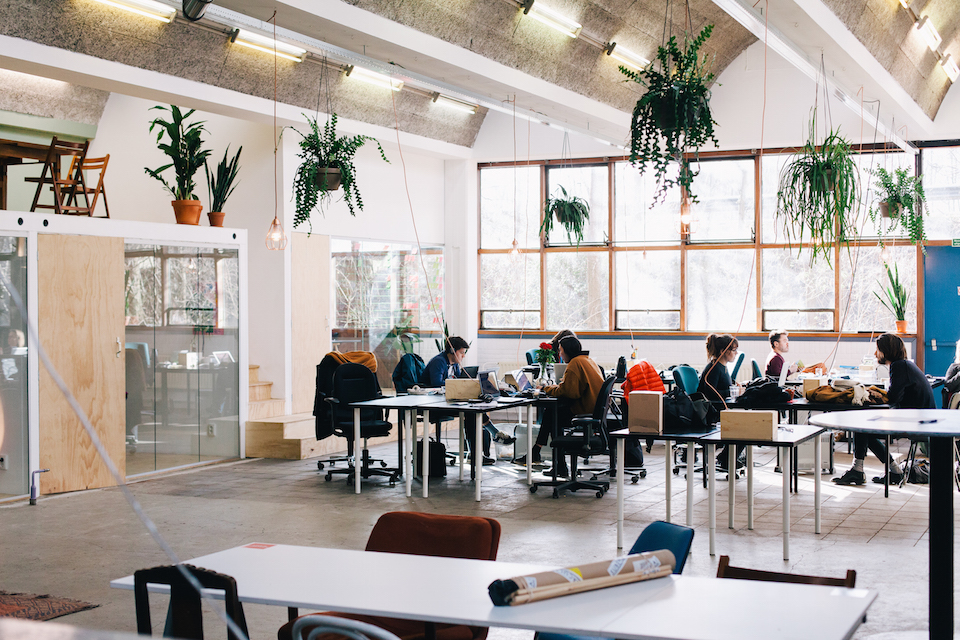
It’s all about storytelling, that’s just the zeitgeist and the time we are living in. If you’re reusing a building that has a history for a club, the story is already there.
There are plenty of reasons for repurposing a now-defunct venue space, and it’s something that drew Ernst and Joachem to De School in the first place. Economically it makes more sense to convert an old space than build one from scratch, and from the council’s point of view, picking a forgotten about building on the outskirts of town kickstarts efforts to rejuvenate the area. But Jochem has noticed it as a trend across various industries, not just in the world of nightlife. “In marketing, in architecture, in design, in everything, it’s about storytelling, that’s just the zeitgeist and the time we are living in. If you’re reusing a building that has a history for a club, the story is already there.”
It’s no surprise that Amsterdam has given birth to clubs as infamous as the likes of Trouw, and now De School. In fact, the city actively facilitates it. Recognising the “night economy” of clubbing, the city has a specifically designated Night Time Mayor, Mirik Milan, who works diplomatically between the council and the clubs. Licensing is a sore point for cities like London, where strict late licensing and curfews are stifling the music scene. Here, city officials are already savvy to the benefits club culture can bring. “We’re coming here to do this and soon more people will begin looking at this area of Amsterdam. Then in five years time what was previously not worth a lot all of a sudden will be.” Ernst explained how De School is inadvertently laying the cultural foundations for a new area of the city to flourish.
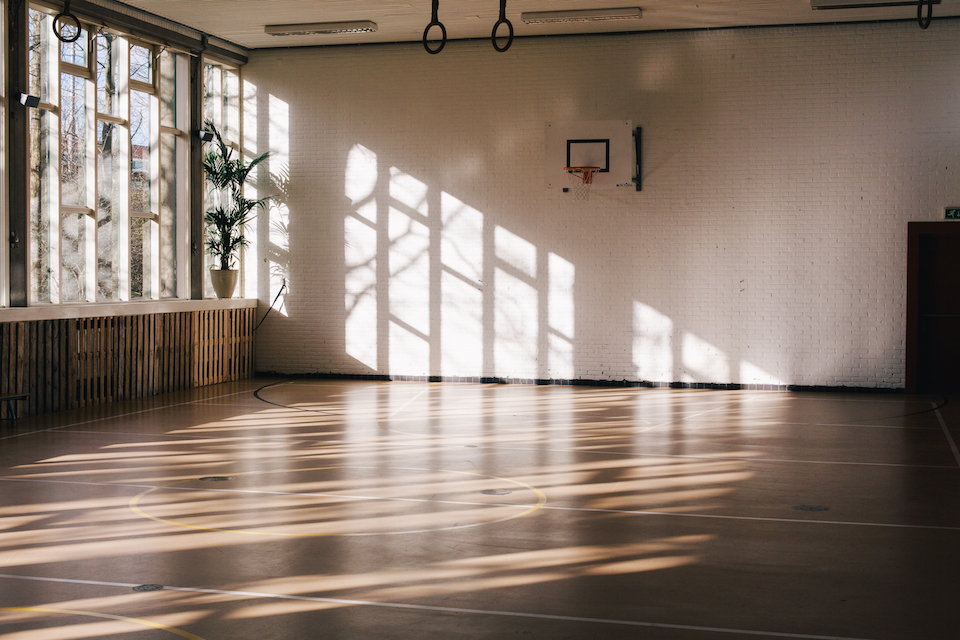
Regenerating uninspired areas of the city is a happy byproduct of De School’s conception - at least where the council is concerned - but it’s not what’s at the heart of it, and nor should it be. The multiple spaces that make up the building separately and collectively help foster a community, enabling culture to happen and grow. That as well as giving a people to let loose, but let it be said, the two often go hand in hand.
With plans to invite more artists, designers, painters and creatives into the building, De School is an ongoing, ever-growing project. Recognising that one of the most important factors in an initiative like this is the people, from the DJs, to the staff, to the punters themselves, ensures a unique synergy. It’s greater than a physical space, and De School transcends that.
Find out about De School's upcoming listings, and everything else going on, via their website.

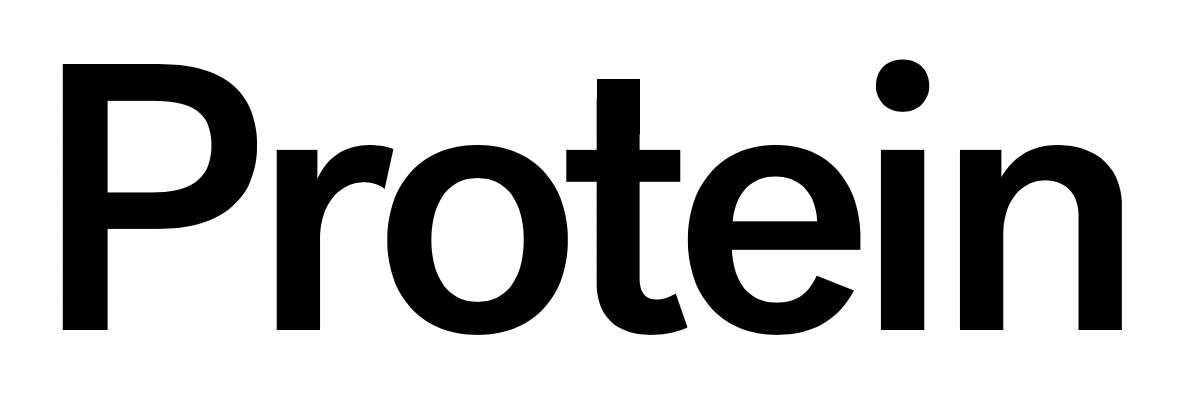


Discussion